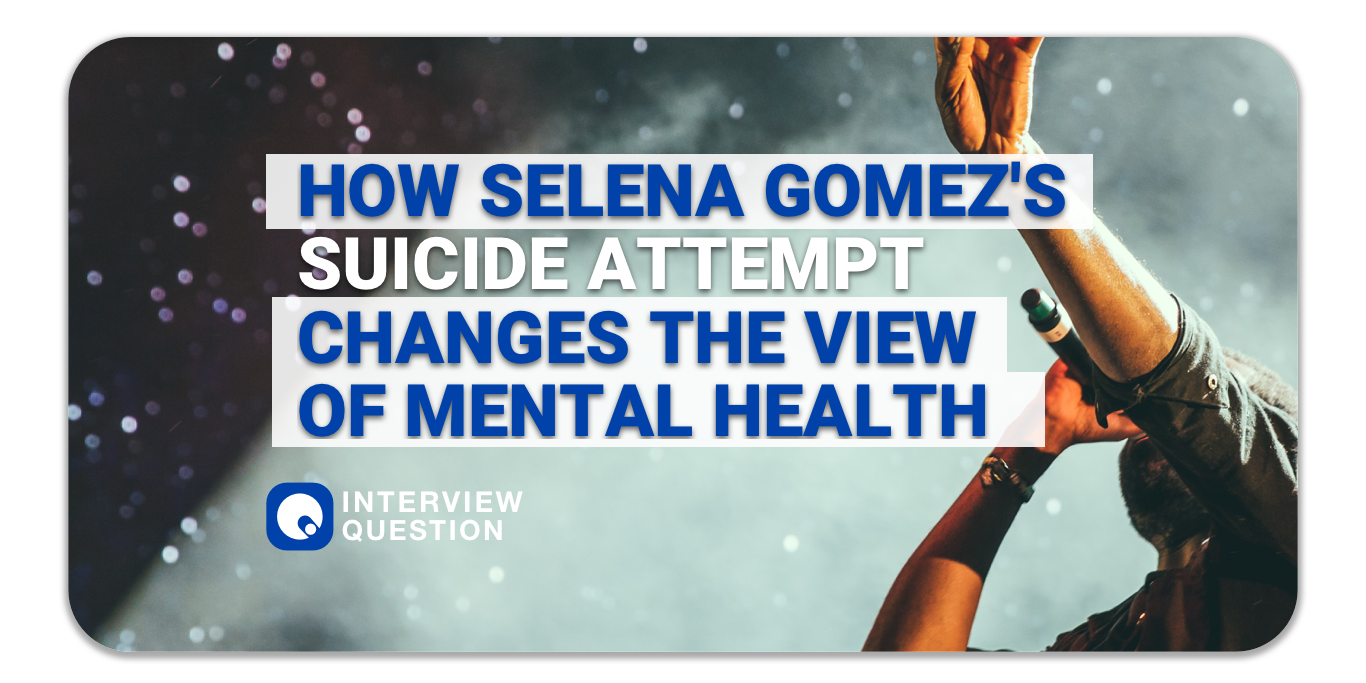How Selena Gomez's Suicide Attempt Changes the View of Mental Health
After Selena Gomez's public suicide attempt, we're taking a closer look at how mental health is viewed in the workplace.

It's no secret that Selena Gomez has had a tough few years.
Her initial journey and struggles with coping on her own
She's been open about her struggles with anxiety and depression, and last year she revealed that she'd undergone treatment for bipolar disorder.
In September, news broke that Selena had attempted suicide by taking a drug overdose.
Thankfully, she survived and is now receiving the help she needs.
High time we talk about mental health now and not till someone hits life's dead end.
While it's important to respect Selena's privacy, her story highlights an important issue: mental health in the workplace.
It's an issue that we need to talk about more openly, without stigma or judgement.
Mental health problems are common in the workplace.
In fact, one in six workers will experience a common mental health problem such as anxiety or depression in any given week.
And yet, despite its prevalence, mental health is still taboo in many workplaces. Employees are afraid to speak up for fear of being seen as weak or incapable.
As a result, mental health problems often go undiagnosed and untreated.
A public person chooses to be private about mental conditions - goes against the idea of being "public"
For someone who has been so vocal about her mental health journey, it's strange that she would choose not to share such a major event with her fans. But perhaps we shouldn't be so surprised.
After all, mental health is still taboo in our society - especially when it comes to talking about it openly.
The fact that Selena felt she couldn't speak out about her suicide attempt just goes to show how much stigma there still is around mental illness.
We need to normalize these conversations if we want people suffering from mental health issues to feel comfortable seeking help without fear of judgement or discrimination.
This can start with something as simple as being more understanding and supportive towards others , whether they're struggling with their mental health or not.
